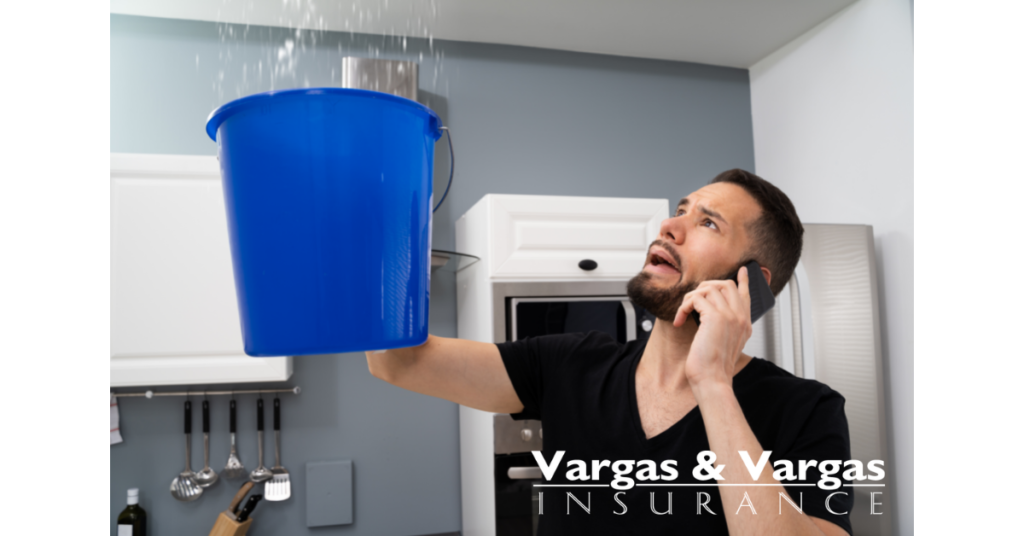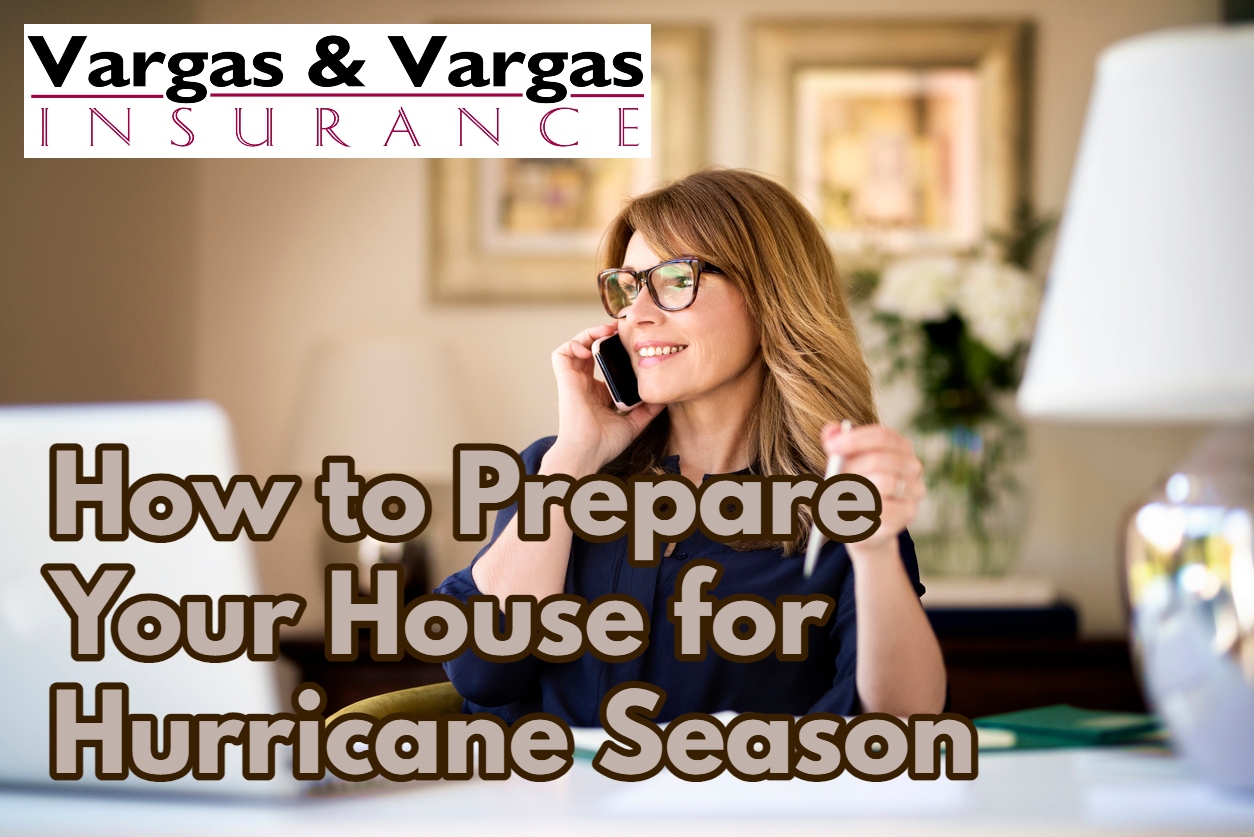Insurance Check-Up
Insurance Check-Up

Life Changes and it’s Time for an Insurance Checkup
Having insurance policies is vital to gain great security and protection from unexpected problems. Ensuring everything in your life at an early stage is also a great idea.
While getting yourself and your house, vehicle, and assets insured is vital, you also need an insurance checkup to review your policies yearly. This allows you to ensure that the insurance coverage will be of help to you when your circumstances and lifestyle change. But if your insurance doesn’t cover you as it should, you need to make some changes to the policies or, even purchase new policies to cover your changing needs.
Here are some reasons why you need to opt for an insurance checkup.
Change in Family Status
Are you planning to get married or expect a baby? It would help protect your growing family by purchasing the right insurance plan. Insurance checkups will allow you to ensure whether the coverage is enough to support your entire family when you are not around. The loss of a family member through disability and death is also the right time for an insurance plan review.
Remodeling or Moving Your House
If you plan to remodel your house, your house value will surely increase. Similarly, if you move from the house, you might own a property with a higher value than the one you have before. Since your assets have increased, you need an insurance plan that covers these assets.
Retirement Time
When you decide to retire, you need something to rely on for your future expenses, especially final expenses, it’s vital to choose the right insurance plans to protect you properly. It would also be helpful if you had the proper insurance that will pay for your funeral, medical care, and debts.
Chance in Assets Value
Many people insure their jewelry and other assets to get the money if they get damaged or lost. But they forget the fact that these valuable assets increase over time. By keeping the coverage updated regularly for these valuable assets, you are protected in the event you lose them or they are stolen.
Discounts
Many insurance companies offer discounts on different insurance plans. This way, you can purchase the right insurance plans at much lower prices. So, if you have not received your discounts, it’s time to have an insurance checkup.
Bottom Line
Whether it’s life, house, vehicle, or assets insurance, insurance is not something that you purchase and forget. You need to always look for ways to lower your premiums and avail optimal benefits from your policy. For this purpose, you need to opt for an insurance checkup.
Missing Coverage
If you have any assets at all, an umbrella policy is a valuable protection. Home insurance and car insurance policies have liability limits that are often not high enough to protect you adequately. If you are found to be at fault beyond your liability limits, you may be required to pay the remainder of the money out of pocket. It could take all of your savings and assets and even your future assets to make that payment.
This will help you look for flaws in your insurance and allow you to get the features that you don’t have. Not only this but practicing this method can help you lower your premiums and get interesting discounts and offer. So, if you currently have any insurance, consider reviewing it.
At Vargas & Vargas Insurance, our clients enjoy customized insurance coverage to match their unique needs at incredibly affordable prices. Contact us today for a free insurance review or quote.





























